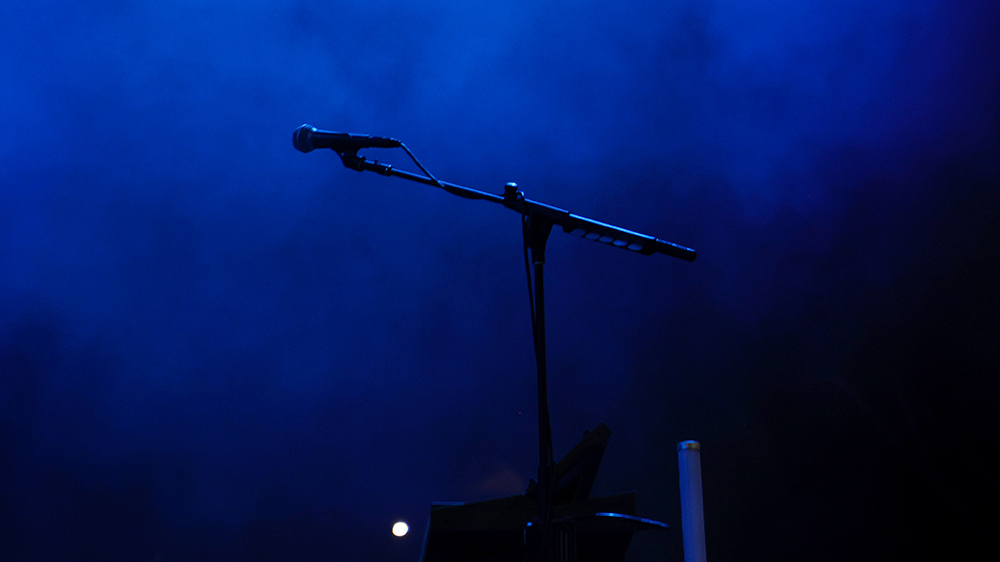
Business entrepreneur Oudi Antebi spent 18 years in the United States and 20 years in the high-tech space before returning to his native Israel to kickstart a new venture, Session 42, a music production shingle that harnesses the ballooning globalwide power of AI technology.
“I was reading about how AI is just changing everything, and I decided that I wanted to start a company with a focus on creating music, a company that blends technology and music together,” says Antebi.
“I knew that I wanted to find the best technology and AI out there and use this technology and AI to unleash creativity.”
To manifest this vision, Antebi, CEO of Tel Aviv-based Session 42, joined forces with music industry vet Amit Shine, who serves as the company’s COO, and a trio of hit-making Israeli music producers: Tal Forer, Yinon Yahel and Stav Berger.
This month, Session 42 released its most ambitious project to date: an AI song duet titled “Kan Le Olam” (“Here Forever”). The track and attendant video, recorded by using the magic of technology to recreate the voices of deceased Israeli music legends Zohar Argov (a pioneer in the arena of Mizrahi music) and Ofra Haza — dubbed in music industry circles as “the Madonna of Israel” –dropped last month in honor of Israel’s 75th anniversary. The song became an instant viral hit.
“I knew we needed to start with the families of Zohar Argov and Ofra Haza because of ethical questions,” says Antebi. “I said, let’s let the families decide if this is what they want to do. So we went to them and told them we had a special song, about Israel’s independence, and we want to use these two icons. We told them we would not release the song unless it does the artists justice. They could veto the song at the end if they didn’t like it. And they agreed.”
It took the AI machine with which they were working about 4 weeks to learn how to mimic and reproduce the vocals of Argov and Haza.
“We had to train it,” says Antebi. “There could be musical instruments in the background, and it had to be the highest sound quality possible for the extraction from an original recording of the artists. Then we used a second AI solution to remove any effects made on the original vocals. And then we used a third AI process to get the device to learn the vocals of Argov and Haza.”
Per Antebi, what makes the song, penned and composed by Forer, Roy Machluf and Ron Biton, possess lasting impact is that it blends a wistful sense of nostalgia with cutting-edge technology. And this very much reflects Israel’s societal dichotomy. It is a country with thousands of years of cultural and religious history but it is also a bastion of high-tech innovation.
“The voices on the song are unique, exceptional, and easily recognizable,” says Antebi. “These two artists and their vocals inspire a very nostalgic feel.”
In real life, Argov and Haza never recorded together. But “Kan Le Olam” wasn’t created to bring these artists together in the afterlife so much as a way to bring the people of Israel together as they celebrate 75 years of nationhood.
“It’s a song sort of between Israel and its people,” says Antebi. “It’s amazing how popular it has become. It’s playing in restaurants, on the radio. It’s playing all the time on various channels, every news station. Everybody talks about it. I knew we were going to get attention. But it’s been shocking just how much. But I knew what we were doing. I knew that we were going to be the first in the world to release an official song based on AI technology. And we did it.”











